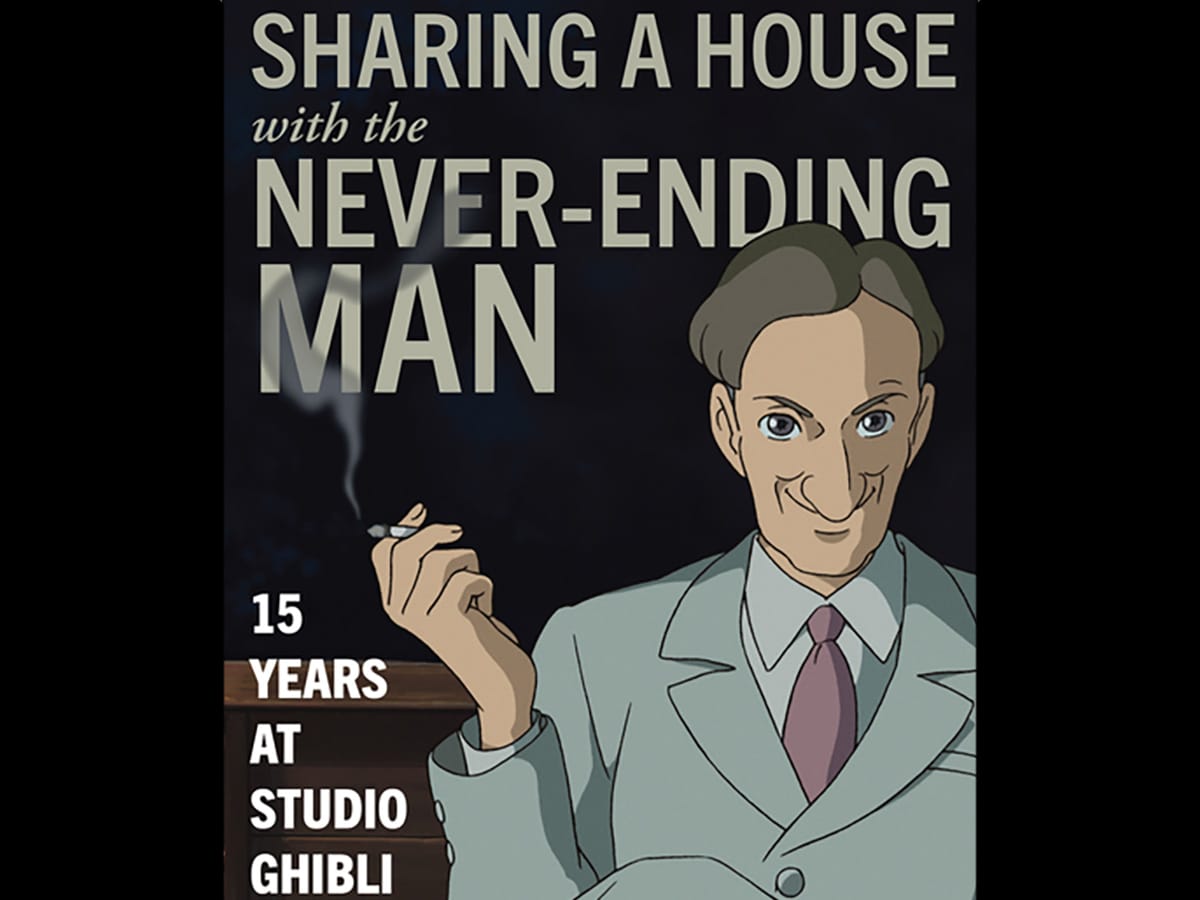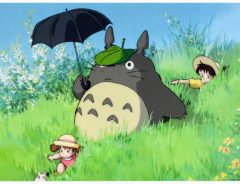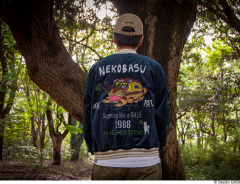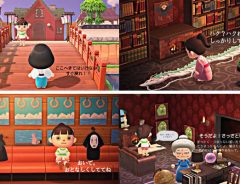
Source: © JAPAN Forward
BOOK REVIEW | ‘Sharing a House with the Never Ending Man: 15 Years at Studio Ghibli’ by Steve Alpert
- Tags:
- book review / Steven Alpert / Studio Ghibli
Related Article
-

Photographer captures gorgeous everyday scenes in Japan with Studio Ghibli aura
-

New Möwe Glider with Nausicaä (Full Action Version) Figure Is A Masterpiece Fans Will Love
-

Never Be Cold Again In This Super Soft Totoro Onesie
-

9 Classic Studio Ghibli Movies Will Be Returning To U.S. And Canadian Theaters For Ghibli Fest 2019
-

My Neighbor Totoro’s famous Cat Bus features in awesome embroidered Japanese vintage jackets
-

Animal Crossing player brilliantly retells Spirited Away scene-by-scene


Peter Tasker, Arcus Research; JAPAN Forward
“Miyazaki and I… were first shown clips from Fantasia 2000, which was then in production. Asked what he thought of the film so far, Miyazaki replied simply ‘hidoi … totemo hidoi” (terrible … really terrible), which I translated as “interesting … Mr. Miyazaki finds the animation very unusual and very interesting.’”
You can see why Steve Alpert was indispensable to Studio Ghibli’s global ambitions. He really knows what should get lost in translation and what should stay. “Sharing a House With the Never-Ending Man”, his highly entertaining memoir of his fifteen years at Ghibli, gives an insider’s view of how cultural products are translated and transformed, also how art and commerce collide in the world of cinema.
Alpert was the right man in the right place at the right time. Ghibli recruited him from Disney’s Japan arm in 1996 as a board director and senior executive tasked with bringing the creations of anime maestro Hayao Miyazaki to international audiences. A business school graduate experienced in the ways of the American entertainment industry, he was also a Japanese speaker who had studied Japanese literature at the graduate level and had ambitions of becoming a literary translator.
If the combination of skills was perfect, so was the timing. Miyazaki was about to launch two masterpieces, Princess Mononoke (1997) and Spirited Away (2001), that would prove beyond doubt that anime could be serious art while doing serious business at the box-office. In the process, he would himself be transformed from a purely domestic Japanese phenomenon to a globally recognized auteur.
Events moved fast. In 2003 Alpert would find himself at the 2003 Oscars, where Spirited Away won the award for Best Animated Feature. At the Berlin Film Festival, he was alone on stage to receive the “kinkuma-chan” (Golden Bear Award), the elusive Miyazaki having declined to appear in person.
(...)
Written by Japan ForwardThe continuation of this article can be read on the "Japan Forward" site.
BOOK REVIEW | ‘Sharing a House with the Never Ending Man: 15 Years at Studio Ghibli’ by Steve Alpert